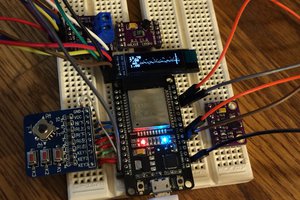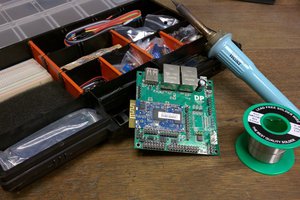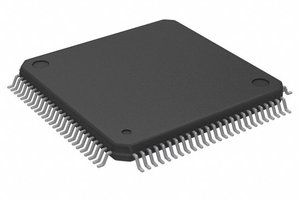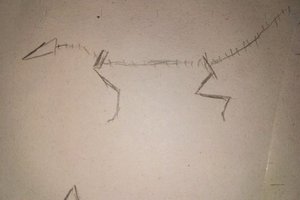Approximately two thousand super large cargo container ships move an estimated ninety percent of goods to consumer markets. They are heavy polluters who must rely on a shrinking profit margin. Large, well-capitalized ship owners can build ships like the Maersk Triple E. Excellent design and ongoing quantification of all aspects of the ship makes it a leader in naval architecture and efficiency.
Fewer resources can be leveraged by small owners and operators in developing regions or anywhere money is in short supply. Our project aims to design and assist operators of all sizes run their vessels with less expense, greater safety, fewer emissions, and more innovation gathered from the deep knowledge of related communities.
A modular system with a core unit is planned; AIS, SAR, GPS, RDF, sonars, radars, and automation as well as mobile and fixed location sensor packages are candidates for development. Our list is super long and exciting, we hope you will contribute your thoughts.
This project is now public and at a very early stage even though behind the scenes development has been going on since 2010.
 Paul Bruno
Paul Bruno




 Daan Pape
Daan Pape
 Staf Verhaegen
Staf Verhaegen
 Maya Posch
Maya Posch
this project is really amazing. i am also working on fishing guide . to check out visit my site.